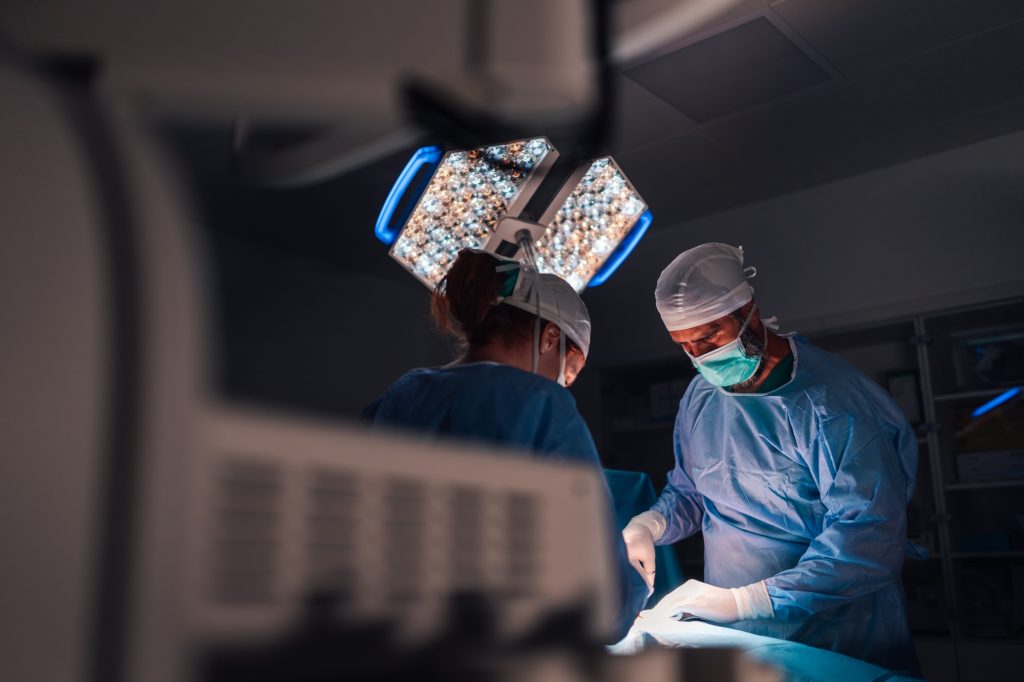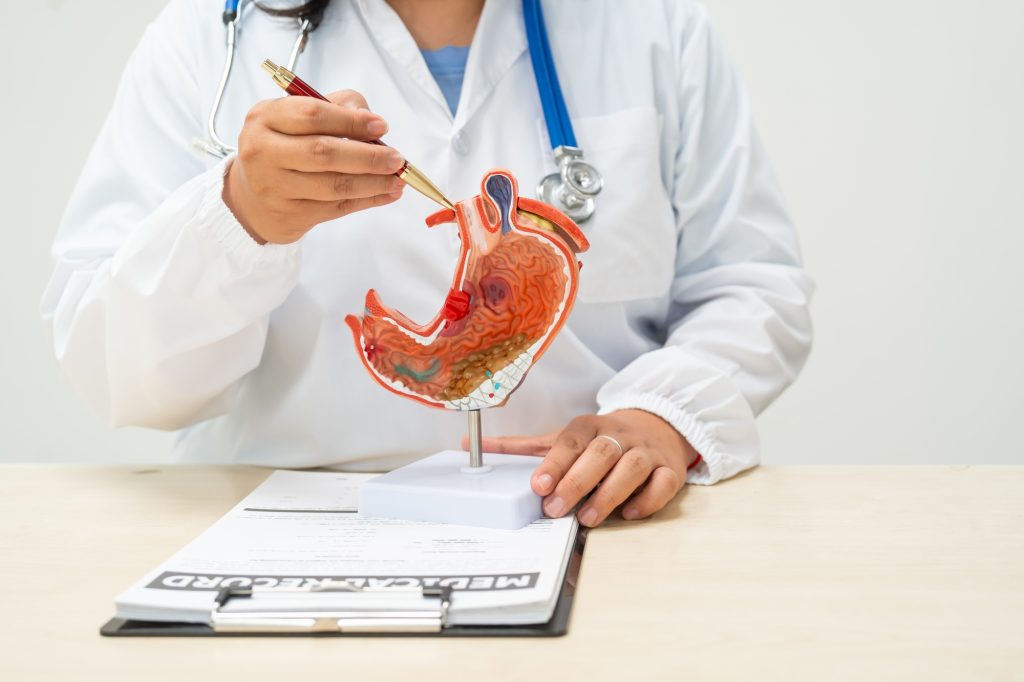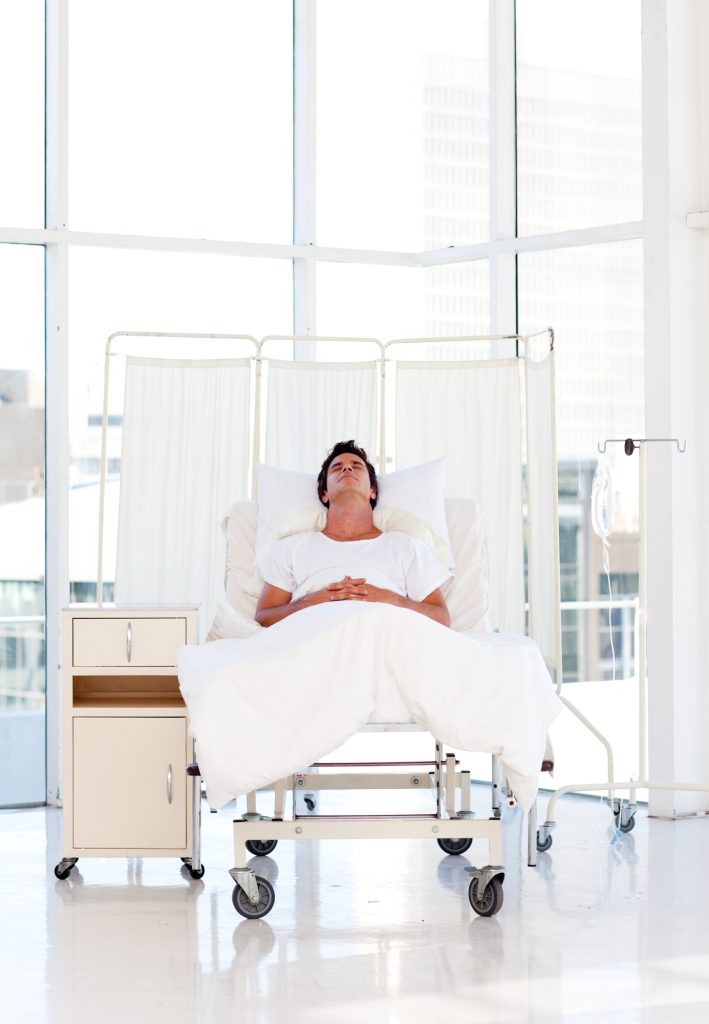Causes of Gastroesophageal Reflux Disease (GERD)
GERD can be caused by a variety of factors, including:
- Weakness of the lower esophageal sphincter (LES)
- Obesity
- Pregnancy
- Hiatal hernia
- Excessive consumption of fatty foods, caffeine, or alcohol
What Is GERD Treatment For?
The goal of GERD treatment is to relieve symptoms, prevent long-term complications, and improve the patient’s quality of life. At Centro Pad, we use laparoscopic surgery and robotic surgery with the Da Vinci system as minimally invasive techniques to effectively treat gastroesophageal reflux with reduced recovery times.
Medical Treatment
In some cases, initial treatment includes medications such as proton pump inhibitors (PPIs) and antacids. However, when these treatments are not effective or symptoms become chronic, surgical intervention may be necessary.
Surgical Treatment
Surgical treatment for GERD usually involves procedures like fundoplication. This technique consists of wrapping the upper part of the stomach around the lower esophagus to prevent acid reflux.

Robotic Surgery and Minimally Invasive Techniques for GERD
Robotic Surgery with the Da Vinci System
At Centro Pad, we use robotic surgery with the Da Vinci system, which allows us to perform highly precise and controlled procedures through minimal incisions. This system provides 3D imaging and a detailed view of complex areas, improving surgical outcomes and reducing the risk of complications.
Minimally Invasive Techniques
Thanks to minimally invasive techniques, procedures such as laparoscopic fundoplication can be performed through small incisions, reducing postoperative pain and speeding up recovery. These methods involve minimal tissue trauma, allowing patients to return to their daily activities in a short period of time.
Who Is a Candidate for GERD Treatment?
GERD treatment is recommended for individuals who experience severe or chronic symptoms, such as persistent heartburn, that do not respond to conventional therapies. Additionally, patients with GERD-related complications, such as Barrett’s esophagus or ulcers, can greatly benefit from surgery.



